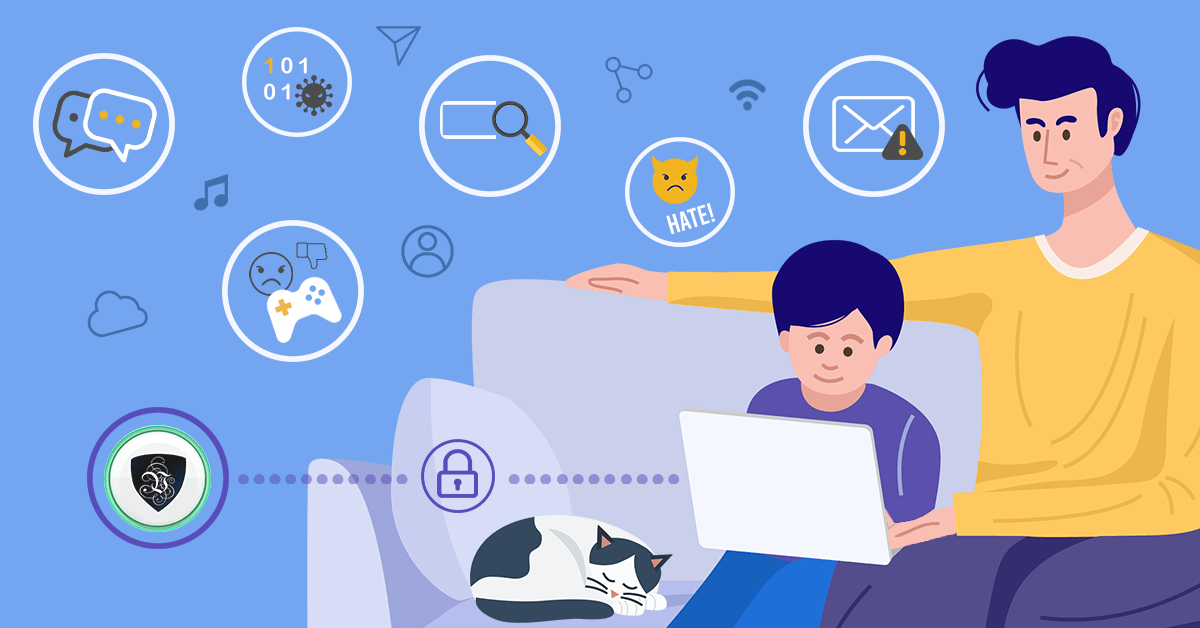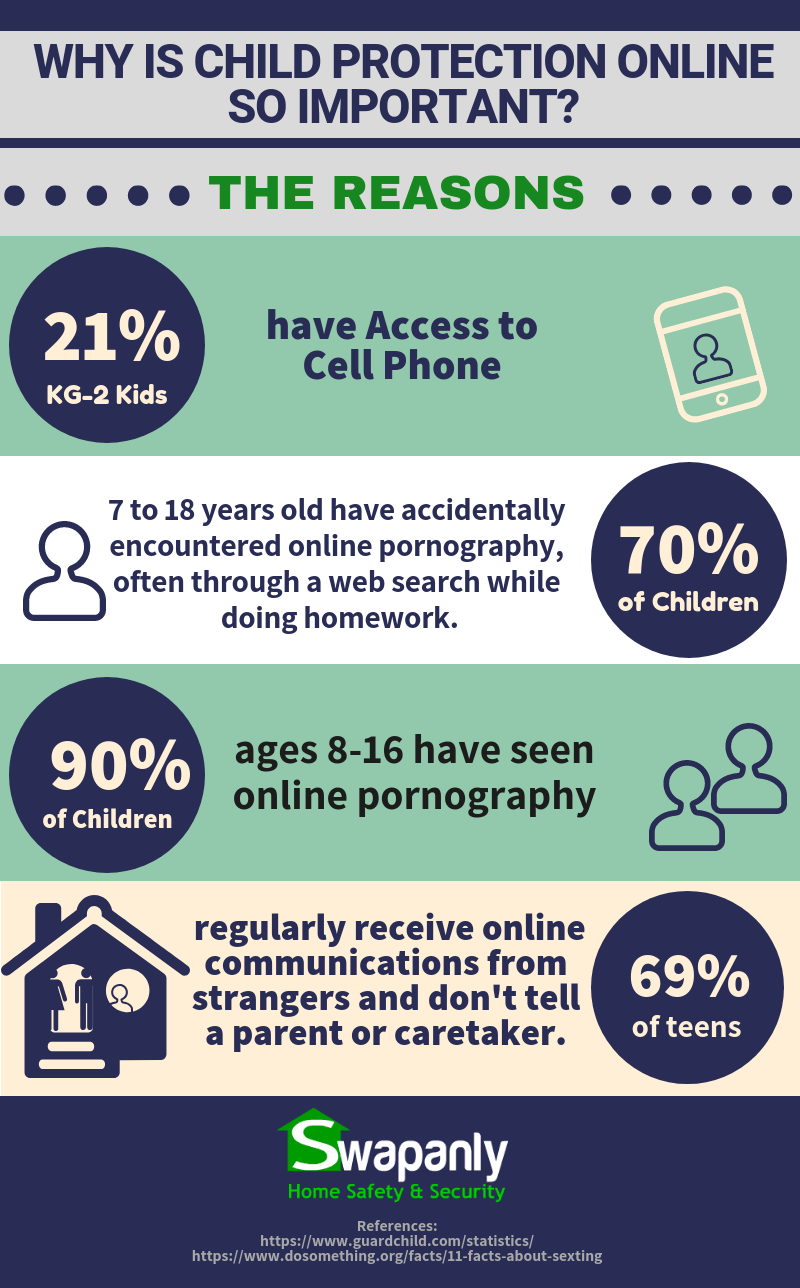The internet is second nature to most children in the US born in 2000s. As our precious children begin to navigate the online world, we want it to be a safe place for them to thrive. The internet is a great and efficient source for researching school projects, communicating with friends and family, streaming online tv shows and films, reading books, and playing interactive games. But online navigation comes with some risks including age-inappropriate content, cyberbullying, and online predators.
Here are ten steps to keep your children safe online.
- Teach them about how the internet works.
There are child appropriate books and videos to teach kids about the internet. Lauren Simone Publishing House recently published Cybersecurity Explorers by Fitzroy Gordon and his son Aaron Gordon. This book teaches about passwords, spyware, malware and how networks communicate in a child friendly manner.
- Have the talk- the internet talk.
One day as a parent you will have discussions with your children about puberty, the birds and the bees, and racial tensions in the U.S. Among those conversations you should also plan to discuss bullying, kidnapping, and trafficking. Teach them about the good and evil intentions of others. Discuss suitable language, content, and behavior. You may not want to scare your innocent child into thinking the world is full of danger, but you do want to prepare them for reality.

Make it clear to your child you are always there to listen to them. Observe moods and behaviors. Take your child seriously if they share any reports of uncomfortable online communication.
Warning signs include:
- Spending long hours online at night
- Phone calls from unknown numbers
- Unsolicited gifts arriving in the mail
- Child closing or hiding screens when you walk by
- Withdrawal from daily activities and reluctance to discuss online activities.
In addition, teach your child to be a good digital citizen.

- Limit usage
The research shows that 86% of 3–4-year-olds have access to a table and 21@ have their own tablet. It is important to limit usage by time, age, and websites, not just for online safety but for physical health (eyesight, obesity) and mental health. Set a code of conduct and time limits. Children between 5 and 17 should spend no more than 2 hours per day. If possible, switch off the Wi-Fi at bedtime. The Children’s Online Privacy Protection act (COPPA) helps protect children under the age of 13 when online. It is illegal for companies to gain information from minors without parental permission or consent. For example, many websites refuse to let minors create accounts. You have to be over 13 for example to create a Facebook profile. However, we know children use Tik Tok more than any other demographic.

- Keep children in sight when on tablets, phones, and computers.
If possible, keep the computer in a common area. Put restrictions on minor owned devices.

- Review your browser history and set filters.
Review the sites your children go to. Use your browser to enable which web pages can be viewed and filter language, nudity, sex and violence. Once you set restrictions, Google for example will block sites with explicit material.

- Create a kids favorites bookmark
Bookmark the sites your children are allowed to use
-
Tell your child not to exchange personal information
- Teach children not to share phone number address, best friends names, pets name, or pictures.
- Teach children not to share or accept party invitations, revealing details, or meeting strangers ever.
- Do not respond to threatening information
- Do not click on links
- Do not download

- Critique and report content
Spend time online together to teach your children appropriate online behavior. Help your children to be a critical thinkers by discussing the content they see together. Teach them how to block someone, keep information private, and report inappropriate or offensive content. Lead by example.
- Be in the know. Know your children's online friends Review your credit card and telephone bill statements for unknown purchases and account charges.Use a secure loc app to prevent unauthorized purchases. Online tools let you control your children’s access to inappropriate content. Learn more about parent control options and download software to block access to sites and monitor online activity.

10. Inquire about online safety in institutions where your children will not be in your sight.
Ask the school, daycare, friend’s and camp sites about the online rules and regulations to protect children online.

Helpful sites
www.kidsnet.com
www.spectorsoft.com

